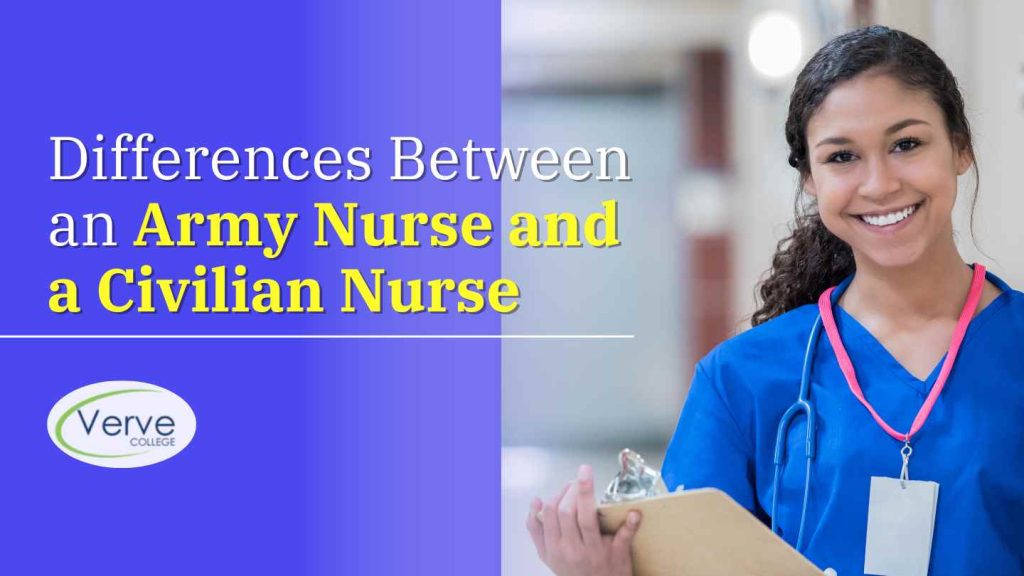- Oak Brook:(630) 705-9999
- Chicago:(312) 920-8822
- Email:inquiry@vervecollege.edu
- Make a Payment
- Home
- Programs
- Admission
- Resources
- ATI Entrance Exam Resources
- New E-Digital Library
- Refer a Friend
- School Newsletter
- Events
- Employers
- Job-Network
- Alpha Beta Kappa Candidates
- Verve College Library
- Graduation and Pinning Ceremony Photo Galleries
- Textbook Information
- Career Services
- Tutoring
- School Catalog
- FAQ
- Constitution Day Program
- Alumni
- Verve College Plans
- Financial Aid
- HEERF Reporting
- Satisfactory Academic Progress
- Apply For Financial Aid
- Net Price Calculator
- Return of Title IV Funds (R2T4)
- Financial Aid Office Code of Conduct
- Contact
- FAQs
- Verification Policy
- Vaccination Policy
- Student Right-to-Know Act
- Misrepresentation
- Information Security Program
- Academic Award Year
- Availability of Employee
- Cost of Attendance
- Health & Safety Exemption Requirement
- Students Rights and Responsibilities
- Leave of Absence
- Pell Formula
- Military Students
- Grants/ Scholarship Policy
- Contact Us
- Testimonials
- Blog
Is a Nursing Career Right For You?
Take The Free Quiz
Main Differences Between an Army Nurse and a Civilian Nurse
Main Differences Between an Army Nurse and a Civilian Nurse
Army and civilian nurses both offer direct patient care for an array of medical conditions, diseases, injuries, and trauma. While they most commonly work with injured soldiers from both branches of service as well as their families in an ER setting, civilian nurses generally see far less trauma exposure. However, both must hold valid LPN licenses to work at all to become a licensed practical nurse to learn evidence-based practice with hands-on experience. While their jobs may seem similar at first glance, each may differ significantly in terms of educational requirements, salaries, benefits, and working conditions – both can significantly differ between themselves in health care facilities!
What is a Military Nurse (Army Nurse)?
An army nurse (or “Army nurse”) is a professional medical practitioner who specializes in caring for military personnel, from retired personnel and active duty military to their families and their loved ones. Army nurses or health care providers assist wherever it’s necessary and often also work closely with healthcare professionals from other nations as allies or partners in providing health services in other nations. Some duties an army nurse performs include:
- Monitoring vital signs and operating medical devices
- Triage: establishing and maintaining triage systems
- Care plans for critically ill patients in medical facilities and in a variety of settings
Medication administration involves dispensing medications to individuals.
Related:- Becoming a Nurse in the Army: Requirements and Steps
What is a Civil Nurse?
A civilian nurse is a medical assistant who provides health care to nonmilitary clients outside the military. Patients and their families receive education regarding healthy lifestyles and disease prevention; at hospitals, clinics, or medical care homes (residential care facilities), these medical services may be provided as medical assistance to members of their local community in a variety of healthcare settings – these treatments may include infants as well as older individuals. Civilian nurses perform multiple duties related to providing this kind of healthcare service:
- Starting by taking diagnostic tests and then disseminating results.
- Recording medical histories and providing health care advice.
- Assisting physicians during medical procedures.
Civilian nurses or military healthcare come in all forms. licensed nurses, and nurse practitioners in health care settings. Depending on their education and specialty, their duties as civilian nurses can vary considerably. Now understand the army nurse vs civilian nurse in brief.
Army Nurse Vs Civilian Nurse: There Are a Few Differences Between Army Nurses and Civilian Nurses, Such as:
Work Environment:
Army nurses may work in a range of facilities from fully developed hospital buildings to temporary settlements and remote temporary settlements, caring for multiple patients in critical care environments as well as mental or surgical healthcare needs. Their schedule can be altered according to the environment or need; those working in combat zones may have longer hours due to combat zone requirements. Civilian nurses provide basic patient care in healthcare facilities like large hospital settings, small clinics, and practical nurse schools (vocational schools), while private companies often hire them specifically to care for patients(elderly) or provide in-private home clinical nursing homes.
Training and Education:
Army nurses differ in terms of education and military training requirements from civilian nurses; Army Nurse positions require candidates aged 21-47 with a diploma program to join active duty, and the Army will pay for future training once an NCLEX-PN exam (licensing exam) has been passed, as well as expenses should they continue in military life in clinical settings. LPN programs near me (nursing programs) are also the best option who want to make a career in the healthcare field.
Want to Make a Career in Nursing? Get More Information About Our Courses!
Civil nurses possess a range of abilities that they utilize in their clinical practice, including:
- Interpersonal nursing skills: Since civilian nurses frequently interact with multiple clients, having excellent interpersonal skills will enable them to build long-term relationships and effectively communicate with various clients.
- Communications: Civilian nurses interact with patients of all ages, sometimes providing complex information like results of diagnosis or treatment plans. Excellent communication skills will allow civil vocational nurses to effectively interact with both patients and coworkers.
- Detail-oriented: Detail-oriented civilian nurses can uncover key details that could substantiate a diagnosis.
 Sign up
Sign up Login
Login




